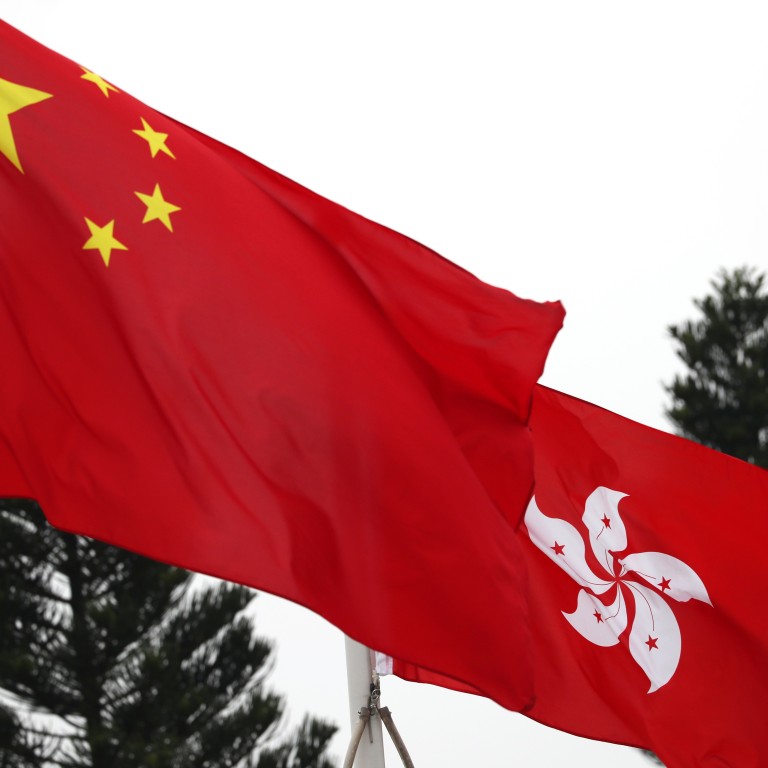
If Hong Kong is to find a peaceful path to 2047, reform and reconciliation must begin now
- At the heart of the mass protests is a defence of Hong Kong’s freedoms under ‘one country, two systems’, which expires in 2047. The critical issue is to agree on how Hong Kong can evolve towards that date – or risk extreme views tearing the city apart
Having worked under three former British colonies — North Borneo, Malaya and then Hong Kong — I have some understanding of how the colonial system operated. Before 1997, every evening, the colonial government in Hong Kong would send a telegram to London to report and seek guidance.
With Beijing’s tightening grip, no wonder Hongkongers are so angry
British philosopher Bertrand Russell wrote: “People do not always remember that politics, economics, and social organisation generally, belong in the realm of means, not ends.” He added: “A good society is a means to a good life for those who compose it, not something having a separate kind of excellence on its own account.”
We do not live in isolation. Individual freedoms have social consequences. Those who enjoy freedoms and benefits must have a little patience in waiting for the rest to advance.
People power or mob rule? Hong Kong protesters are blurring lines
One reason the British constitution is unwritten is that the rule of law is built from acts of Parliament, court judgments and conventions that include unspoken and unwritten codes of conduct. The grey areas of law are usually resolved politically or administratively through due process. There are independent inquiries, and as long as everyone trusts the process, which allows time and expertise to resolve conflicts and achieve understanding, the system bends but does not break.
At the heart of the recent conflicts in Hong Kong is a tussle between an exercising of American-style absolute individual rights, and the community responsibilities of stewardship, which is more Asian or Chinese in thinking.
In other words, if you push views to the extreme, the nation risks fragmenting into unmanageable and possibly uneconomic communities. Consequently, if you see everything in black and white and believe that individual freedom is absolute, then you leave very little room for compromise. Zero-sum resolution can be tragic, as history has shown, and often violent. This is an outcome that no one wants.
Hong Kong’s world won’t stop in 2047, so we’d better start building bridges
Hongkongers have always been pragmatic and practical, even as history has introduced an admirable dose of idealism. Now is the time to test Hong Kong’s common wisdom to its limits. Can the community come together or will it tear itself to bits? Can Hong Kong evolve a social contract on how to move towards 2047?
This is the time for all good people to begin talking and listening, and not talking across each other. If the youth of Hong Kong can only listen in their own digital echo chamber, then there is little hope of reconciliation. All crises are events, but reforming and reconciliation is a process. This process must begin now.
Andrew Sheng has lived and worked in Hong Kong and has always admired Hong Kong’s resilience in adversity

